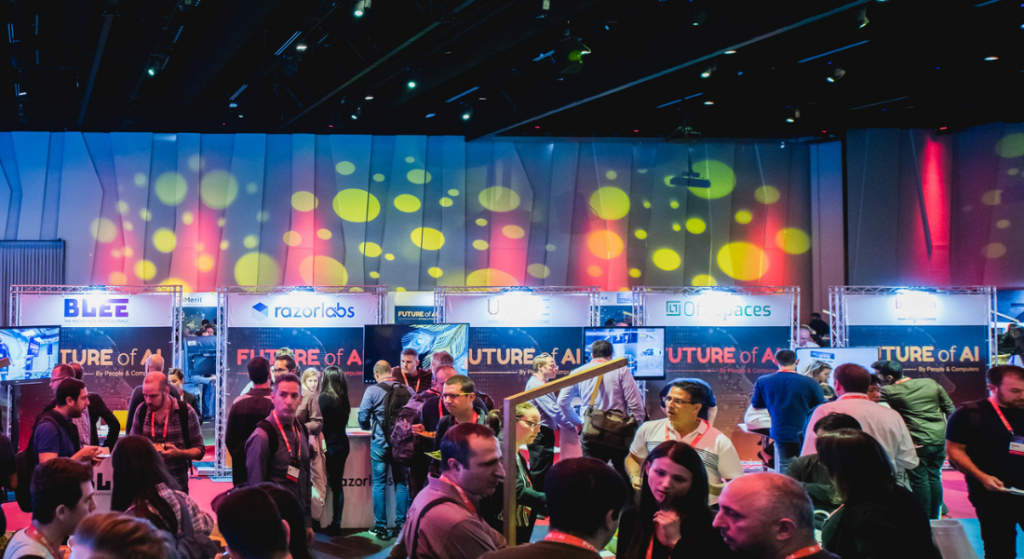The field of artificial intelligence and machine learning is growing rapidly, and with it comes a high demand for skilled professionals. If you are interested in becoming an AI/ML engineer, this guide will provide you with the necessary steps to get started.
AI/ML engineers are responsible for developing and implementing machine learning models that can make predictions or decisions based on data. These models are used in a wide range of applications, from self-driving cars to medical diagnosis.
How to Become an AI/ML Engineer in 2023
Becoming an AI/ML engineer requires a combination of technical skills, practical experience, and a deep understanding of the field. This guide will help you navigate the path to becoming an AI/ML engineer.
Step 1: Learn the Basics of Data Science
Before diving into AI/ML engineering, it is essential to understand the basics of data science. Data science is the foundation of machine learning, and it involves collecting, cleaning, analyzing, and visualizing data.
There are many resources available to learn data science, including online courses, books, and tutorials. Some popular tools for data science include Python, R, and SQL.

To get started with data science, it is essential to understand statistics, linear algebra, and calculus. These mathematical concepts are the building blocks of machine learning models.
Related: Artificial Intelligence (AI) Vs Artificial General Intelligence (AGI)
Step 2: Choose Your Programming Language
There are many programming languages used in AI/ML engineering, but some of the most popular ones include Python, R, Java, and C++. Python is the most commonly used language in the field of data science because it has a wide range of libraries and tools for machine learning.
Learning a programming language takes time and practice, but there are many online courses and tutorials available to help you get started. It is also essential to practice coding on your own and work on personal projects to build your skills.

Once you have learned a programming language, it is essential to become familiar with popular machine-learning libraries, such as TensorFlow, Keras, and Scikit-learn. These libraries provide pre-built models and tools for developing machine-learning applications.
Step 3: Learn Machine Learning Concepts
Machine learning is a complex field, and it is essential to understand the underlying concepts before diving into AI/ML engineering. Some of the most important concepts to learn include supervised learning, unsupervised learning, and reinforcement learning.
Supervised learning involves training a model on labeled data to make predictions or decisions on new data. Unsupervised learning involves training a model on unlabeled data to identify patterns or clusters. Reinforcement learning involves training a model to make decisions based on rewards or punishments.

It is also essential to understand the different types of machine learning algorithms, such as decision trees, neural networks, and support vector machines.
Related: In the Age of AI: A Beginners Introduction to Artificial Intelligence
Step 4: Build Your Own Projects
One of the best ways to develop your skills as an AI/ML engineer is to work on personal projects. These projects can be anything from predicting stock prices to developing a chatbot.
Data science competitions, such as Kaggle, provide an excellent opportunity to test your skills and learn from other professionals in the field. These competitions involve developing machine learning models to solve real-world problems.

Building your own projects allows you to apply the concepts you have learned and gain practical experience. It also provides you with a portfolio of work to showcase to potential employers.
When building your projects, it is essential to keep in mind the best practices for developing machine learning models, such as data preprocessing, model selection, and evaluation.
Step 5: Participate in Data Science Competitions
Participating in data science competitions allows you to work on challenging problems and gain exposure to the latest techniques and tools used in the field. It also provides you with an opportunity to network with other professionals in the field.

Winning a data science competition can also be a valuable addition to your portfolio and resume.
Step 6: Attend Industry Conferences and Meetups
Attending industry conferences and meetups is an excellent way to stay up-to-date with the latest trends and techniques in AI/ML engineering. These events provide an opportunity to network with other professionals in the field and learn from experts.

Some popular conferences and meetups for AI/ML engineering include the annual Conference on Neural Information Processing Systems (NeurIPS), the International Conference on Machine Learning (ICML), and the TensorFlow Meetup.
Attending these events can also be a valuable addition to your resume and demonstrate your commitment to the field.
Related: AI in Law: Top Software for Legal Firms in 2023
Step 7: Apply for Internships and Entry-Level Positions
Internships and entry-level positions are excellent ways to gain practical experience in AI/ML engineering. These positions provide an opportunity to work on real-world projects and learn from experienced professionals.
Some companies that offer internships and entry-level positions in AI/ML engineering include Google, Microsoft, and Amazon. It is also essential to check with local startups and companies in your area that may be hiring.

When applying for these positions, it is essential to showcase your skills and experience through a well-crafted resume and portfolio.
Step 8: Keep Learning and Stay Up-to-Date
The field of AI/ML engineering is constantly evolving, and it is essential to keep learning and staying up-to-date with the latest trends and techniques.
Some ways to continue learning include reading research papers, taking online courses, and attending industry conferences and meetups. It is also essential to keep practicing your coding skills and working on personal projects.

Staying up-to-date with the latest tools and techniques in the field can also provide you with a competitive edge in the job market.
Related:
Conclusion
Becoming an AI/ML engineer requires a combination of technical skills, practical experience, and a deep understanding of the field. By following the steps outlined in this guide, you can get started on the path to becoming an AI/ML engineer.
Remember to continue learning and staying up-to-date with the latest trends and techniques in the field. With dedication and hard work, you can build a successful career in AI/ML engineering.











